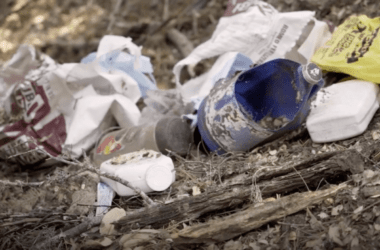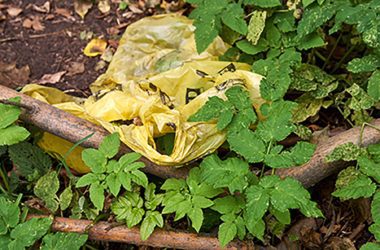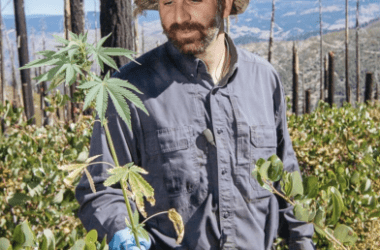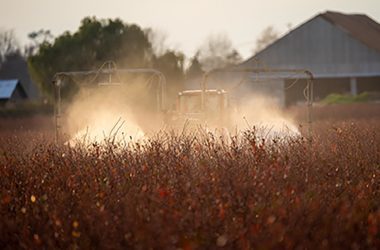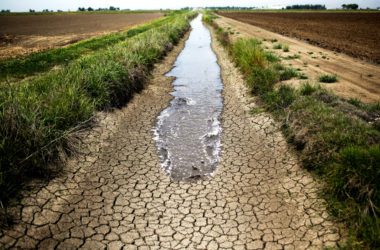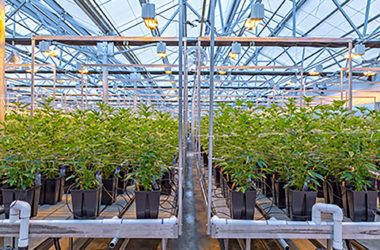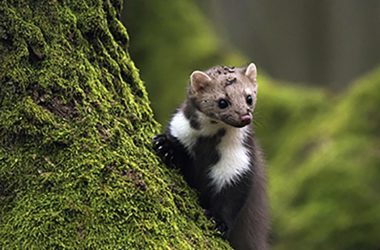A dozen armed officers with the U.S. Forest Service, local sheriff’s office, and other agencies teamed up with Dr. Mourad Gabriel to seize and dismantle an illegal marijuana grow site near Redding, California. At this site—just off Route 36, east of Redding, and down a rocky forest valley—more than 4,000 marijuana plants grow[Read More…]
Environmental
The Environmental Impacts of Marijuana
What are the environmental impacts and hazards of marijuana grown in our national forests or public lands? Is there a threat we need to be concerned about? To help answer those questions and more, the National Marijuana Initiative has just released an educational video entitled, “Can’t See the Forest for[Read More…]
Environmental Impacts Expert
Our colleague, Dr. Mourad Gabriel, is the subject of a recent feature article by bioGraphic, a part of the California Academy of Sciences. Dr. Gabriel is the executive director of the non-profit Integral Ecology Research Center (IERC), and is affiliated with the Wildlife Health Center at the University of California, Davis. He has[Read More…]
Dangers of Pesticide Use
Many people growing marijuana use pesticides to protect their crops from harmful insects and other pests, as well as fertilizers and other chemicals, thereby increasing their crop yields.
Illicit Water Use
Marijuana is a water-intensive crop to grow, using approximately six gallons of water per plant per day. Grow sites often illegally divert water from rivers and streams, and lay miles of illegal irrigation tubes. At just one illegal grow in northern California, law enforcement officials found a set of seven sites with a total[Read More…]
Deforestation and Erosion
Many people illegally growing marijuana place their grow sites in forests, particularly in California. These areas, often public lands, are difficult to reach and hard for law enforcement to monitor, making them good for concealing the growers’ activities. But to plant crops in these remote, often hilly or mountainous, locations,[Read More…]
High Energy Use
Growing marijuana indoors requires very large energy inputs. A 2012 study estimated that marijuana growth in the United States accounts for one percent of the country’s energy use; that’s $6,000,000,000 worth of energy!
Endangering Animals
Marijuana production can have several adverse effects on animal habitats and populations. Illegal growers often use pesticides, insecticides, and rodenticides, which can kill more than just the intended targets.

